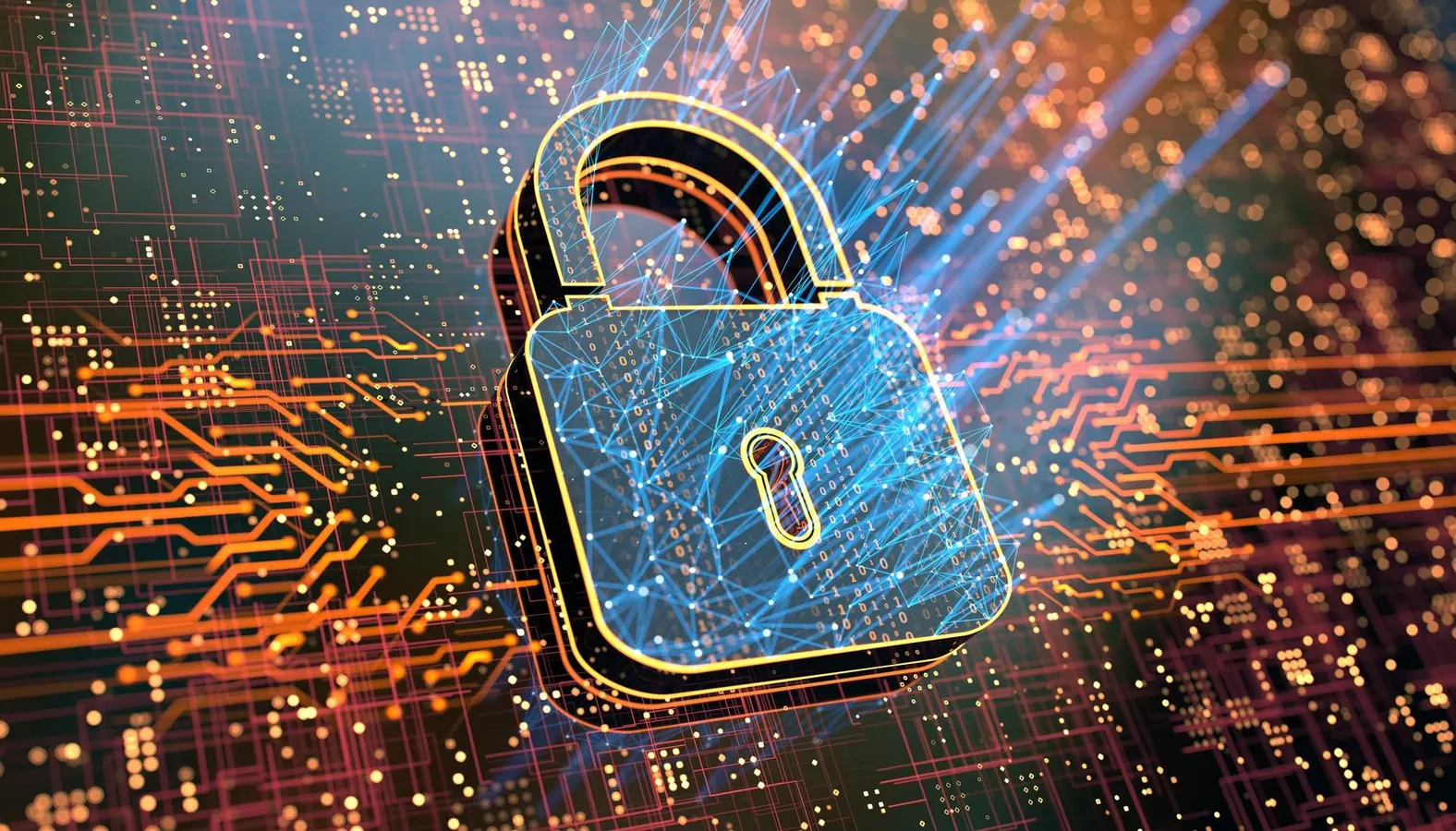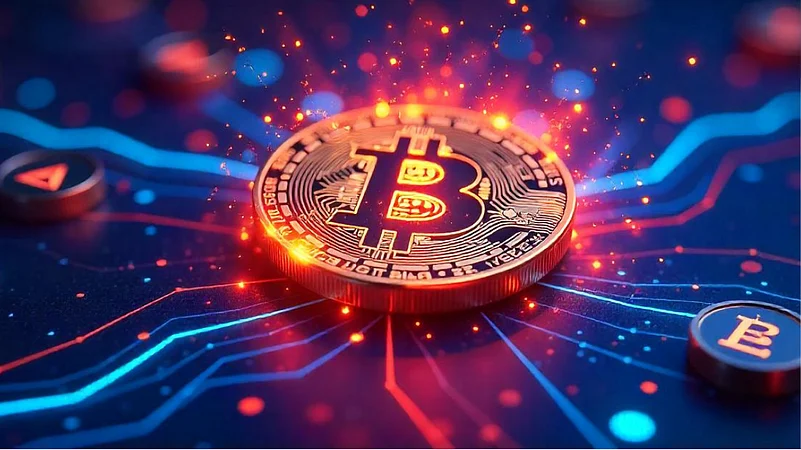Now Reading: Crypto Security in 2025: What Investors Can Learn from Exchange Hacks
-
01
Crypto Security in 2025: What Investors Can Learn from Exchange Hacks
Crypto Security in 2025: What Investors Can Learn from Exchange Hacks

As cryptocurrencies gain popularity across India, security concerns are becoming impossible to ignore. In the past few years, several major crypto exchanges around the world have faced hacks, leading to the loss of millions of dollars in investor funds. These incidents have left one clear message for small investors — owning crypto is not just about profit potential, it’s also about protecting your assets.
The problem often lies in how exchanges manage user funds. Many platforms store large amounts of crypto in online wallets, known as hot wallets, which are connected to the internet and therefore vulnerable to cyberattacks. Once hackers gain access, recovering those assets becomes nearly impossible. While global platforms are improving their security layers, the risk still exists, especially for smaller or newer exchanges that may not have strong protection systems in place.
For Indian investors, the challenge is even more complex. Crypto remains a gray area in regulation, and once funds are lost to hacking or fraud, there are limited legal options to recover them. This is why experts often advise investors to move their assets from exchanges into private wallets, where they control their own keys. It’s like keeping your money in a personal locker instead of leaving it at a cash counter.
Another lesson from recent hacks is the importance of awareness. Many investors fall victim not to direct hacking but to phishing — fake websites or emails that look like genuine crypto platforms. A single wrong click can compromise an entire wallet. Using two-factor authentication, verifying URLs carefully, and avoiding unknown links are simple but effective ways to stay safe.
Exchanges, on their part, are introducing stronger security tools like biometric logins, cold storage solutions, and insurance against cyber theft. However, small investors shouldn’t depend entirely on these systems. Understanding how wallets work, using hardware devices for long-term storage, and keeping recovery keys offline are now essential parts of responsible investing.
For Tier-2 and smaller city investors entering crypto for the first time, education matters as much as enthusiasm. Many are attracted by social media hype or influencer advice, often without fully understanding the risks. Learning the basics of digital security can prevent irreversible losses and build long-term confidence in this space.
The bottom line is simple. Crypto in 2025 is not just about chasing new coins or trading trends — it’s about knowing how to protect what you earn. Hacks and scams will keep evolving, but so can awareness. In the digital world of money, safety isn’t optional anymore; it’s part of the investment itself.

























